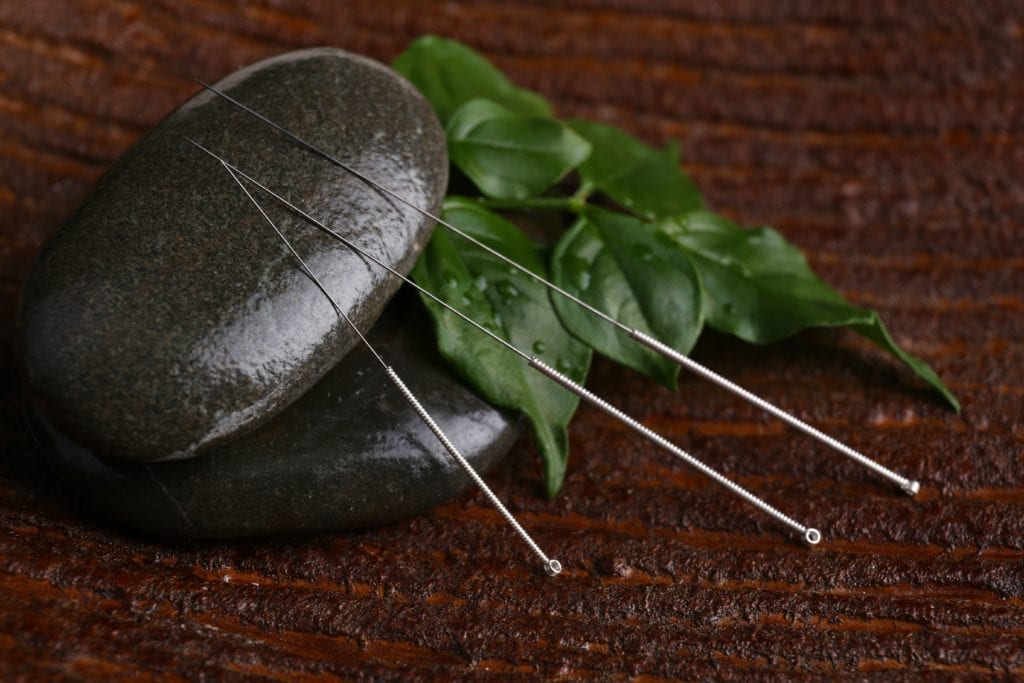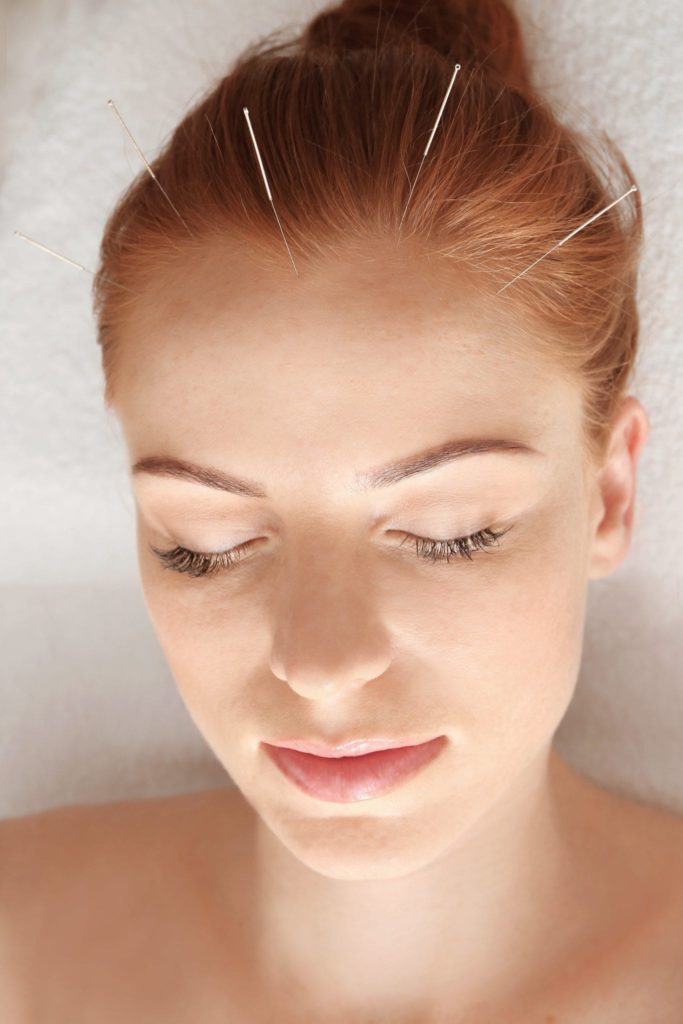Acupuncture originated in China and has been used for over 2,500 years as an alternative health service for pain. It works by restoring balance to your body’s natural energy flow, or qi, by stimulating certain pathways with tiny needles to remove energy blockages. Having a balanced energy flow is believed to maintain or improve your emotional, mental, and physical health. Not only that, but acupuncture has been used to alleviate symptoms from a number of health conditions.
Despite its various benefits, however, many people are still skeptical about trying acupuncture since the idea of being a human pincushion sounds less than appealing. Oftentimes, one of the most common concerns people have is will it hurt? This is a fair question when you consider the fact that most needles generally cause some degree of discomfort when used on the skin.

However, acupuncture needles are different from most needles. For starters, acupuncture needles are solid and extremely thin. They also have rounded edges that prevents them from cutting the skin. Needles used for injections, on the other hand, are larger since they need to have a hollow channel for the vaccine to pass through. Additionally, since injection needles are intended to pierce through the skin, they also have sharp edges.
The structure of acupuncture needles means that acupuncture treatment will not feel like your previous experience with needles. In fact, many people don’t feel anything at all during their treatment sessions. When something is felt, this is usually known as a qi sensation that is described as a heaviness, throbbing, or jumping. These qi sensations are a sign that specific nerves are being stimulated.
In some cases, people note that their first acupuncture session was the most uncomfortable. When this happens, it is usually because energy points throughout the body are being stimulated for the first time. This can cause your symptoms to temporarily worsen, however they should start improving after a few sessions. Ultimately, everyone is different and will have a different reaction to acupuncture. For some, results are immediately noticeable, while for others it can take a few treatments.

While it is possible for acupuncture to cause some discomfort, especially in the beginning, it should never actually be painful. If you are experiencing pain that lasts more than a few seconds during an acupuncture session, you should notify your acupuncturist. Pain during acupuncture can be caused by the needle being too close to a blood vessel or part of the nerve and repositioning the needle can alleviate this pain.
During an acupuncture session, which generally lasts from 60 to 90 minutes, you will discuss your symptoms and concerns with the acupuncturist before starting the actual treatment phase. In most cases, acupuncture treatment lasts around 30 minutes, however you won’t always have needles in during that entire time. Most people don’t feel the actual needles being inserted, but you will likely feel a qi sensation once the needle has reached its intended depth.
As the needle remains in place, you may also feel an electric or warm sensation. Most needles will remain in place for about 10-30 minutes. During this time, you will need to lie still. Once you get accustomed to acupuncture treatment, you will likely fall into a relaxed state or even into a light sleep. After your session, you may feel relaxed or energized. Even if you feel energized, it is encouraged to take it easy and avoid strenuous activity.

Dr. Clouthier has obtained numerous certifications in various healing techniques such as Nutrition Response Testing, Acupuncture, NueroEmotional Technique, CranioSacral Therapy, and NeuroModulation Technique. He has also taken over 1000 hours in post-graduate training in nutritional and herbal therapies and functional medicine and is currently pursuing an advanced certification from the Institute for Functional Medicine.

